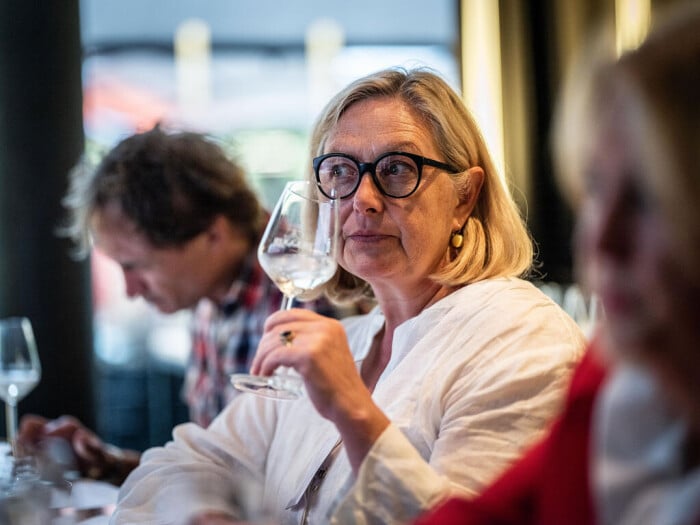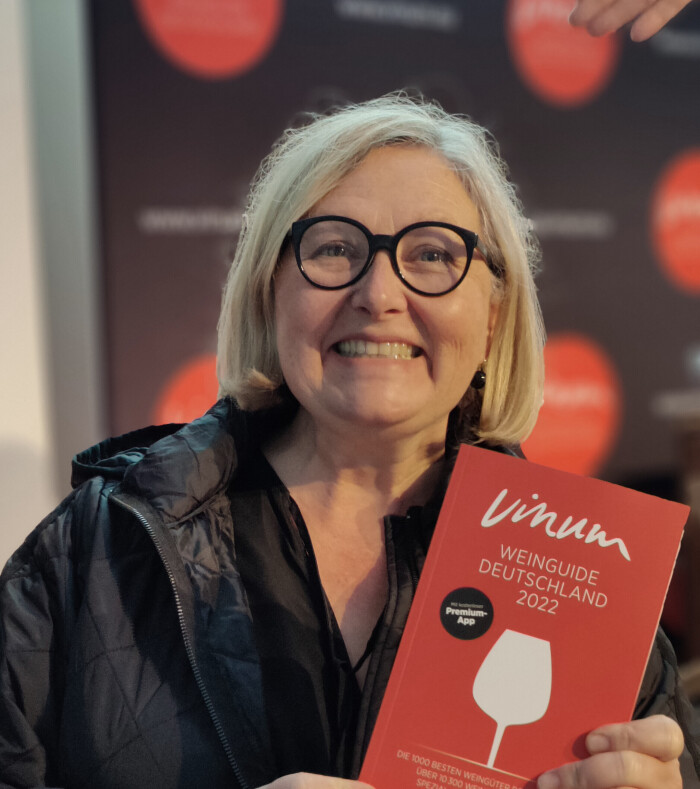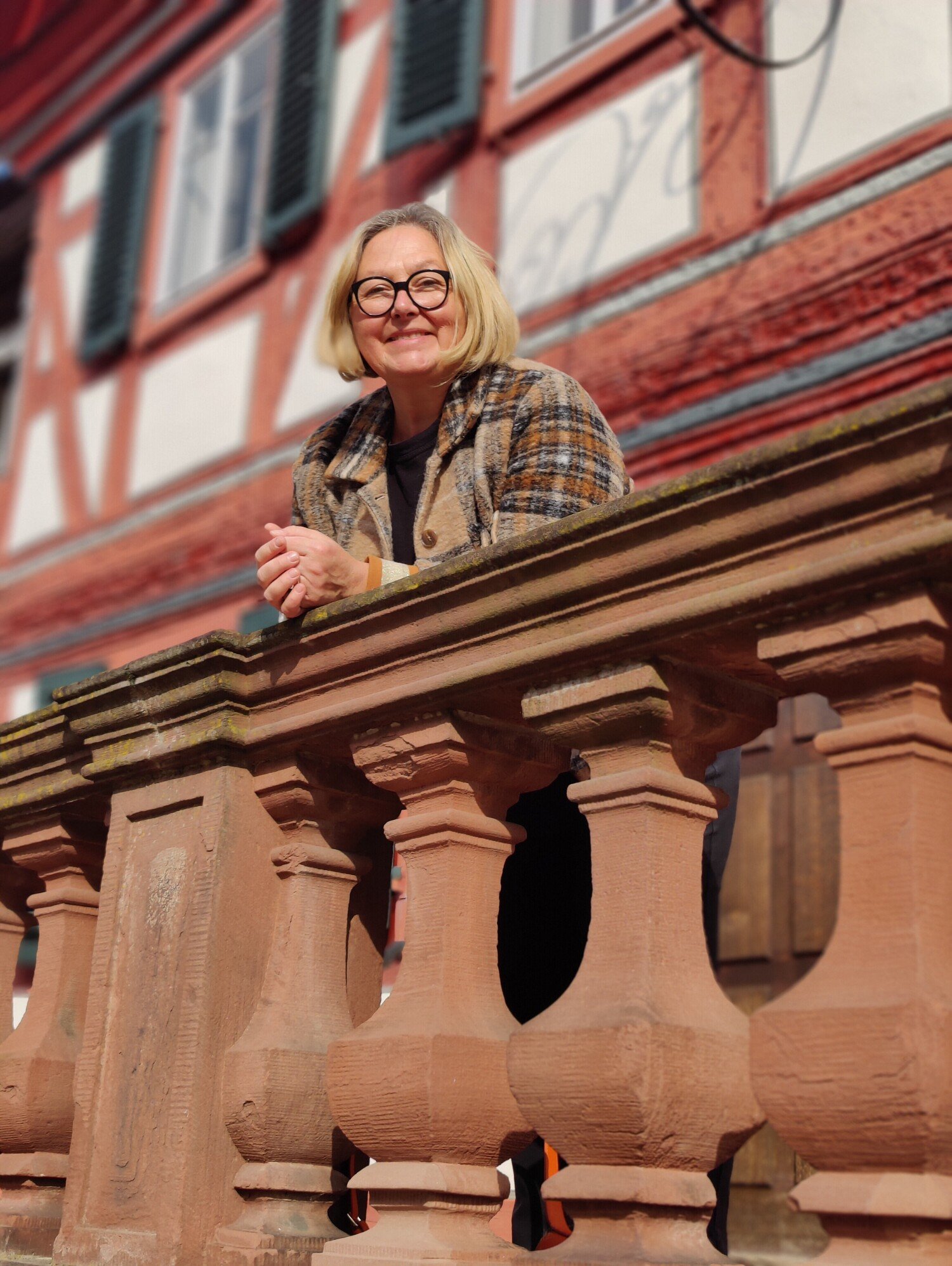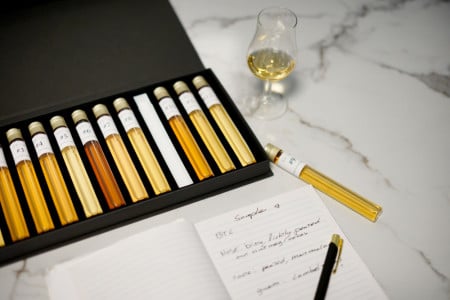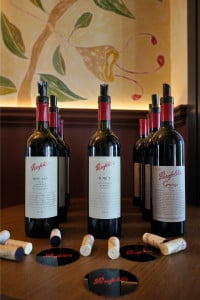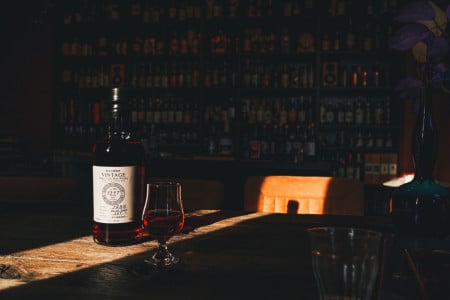How far in advance do you actually plan the Vinum Wine Guide?
After the guide is before the guide - the rough planning starts early in the spring, the first invitations to winemakers go out in April or May. Tasting then takes place in early summer, the first regions are usually finalised by the end of July / beginning of August, the print manuscript is ready in October - and the new guide goes on sale in bookshops in November.
How did it feel when you were able to hold the Vinum Wine Guide, for which you were responsible, in your hands for the first time?
A real goosebump moment! I've "done" quite a few books in the course of my career, but the Vinum Weinguide is and remains something very special for me.
What actually distinguishes the Vinum Wine Guide from other national and international wine guides?
As I said, you can't buy your way in. The publisher does not charge any participation or recruitment fees, only those who are personally invited can put their wines up for tasting.
How independent is the Vinum Weinguide?
The Vinum Wine Guide is completely independent, there are no sponsor interests that need to be safeguarded or other underlying obligations. The ratings are subject to the judgement of the tasting team, all of whom are experienced wine experts with many years of wine guide experience.
Have there ever been complaints from winegrowers because they were not satisfied with their assessment?
Of course, there are also occasional complaints, for example when a wine was scored differently by us than by the competition. But this can usually be resolved quickly in a personal discussion. And one thing must be clear to every winemaker and taster: In the end, the evaluation of a wine is always subjective to a large extent, even if it is tasted blind and consistently on the basis of predetermined criteria. A wine is also not the same every day; there are also fluctuations, especially if it has only recently been bottled, for example. As long as there is no AI tasting the wines, there will always be a certain amount of leeway - and that applies to all tastings. And one thing has to be said: you can't buy high scores from us.
How many wines do you actually taste yourself for the Vinum Wine Guide?
I don't taste that many for the wine guide, I take part in a few regional final tastings. However, I am a regular jury member at international wine awards, for example Best of Rosé or the German Sparkling Wine Award. That adds up to several hundred wines tasted over the year.
How do you differentiate between professional tasting and private wine enjoyment?
There is definitely a clear difference: when I drink wine privately, I enjoy the moment and don't analyse all the facets, as is the case with professional tasting. And of course I don't spit out the wines privately... ;-)
What are your favourite wines to drink in your private life?
I am a very curious wine connoisseur, I often look to have wines in my glass that are a little off the beaten track, I particularly like authentic, less "made" wines. I like mash-fermented white wines, taut, precise wines. Brut nature for (vintner) champagne and bottle-fermented German sparkling wines. One grape variety that has really excited me recently is Chenin Blanc. Wines matured in barriques, on the other hand, are rather rare for me...
Do you have a favourite wine-food pairing?
Off the top of my head, I can think of a very classic combination that I associate with many memories of early trips to France and that always makes my heart beat faster: Sauternes, fresh baguette, raw milk butter and Roquefort!
You've tasted pretty much everything in your job. Do you still have a wine on your bucket list?
Oh yes, there are still a few wines on the list ;-) For example, I would like to have more mature red Burgundies in my glass, and a real blind spot for me is the US wine world, where I'm currently "tasting my way in". The diversity of the wine world is and remains fascinating, you always discover something new!
What was the best food-wine pairing you've enjoyed so far?
I can think of a few, the pairing at Storstad in Regensburg is definitely worth mentioning, and the combinations at Broeding in Munich always inspire me.
And last but not least: Do you have a wine bar recommendation for us?
I really love Griabig here in Munich, it really is a second living room! Laurenz in Mainz is also great.


